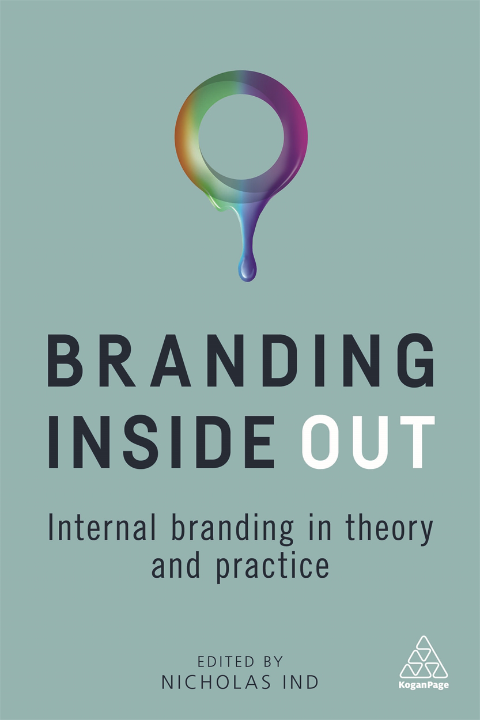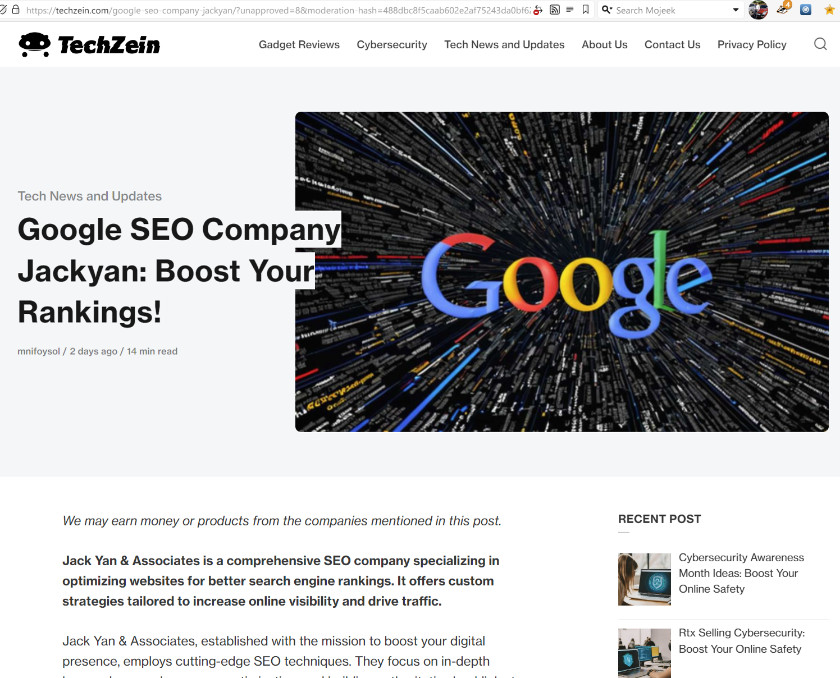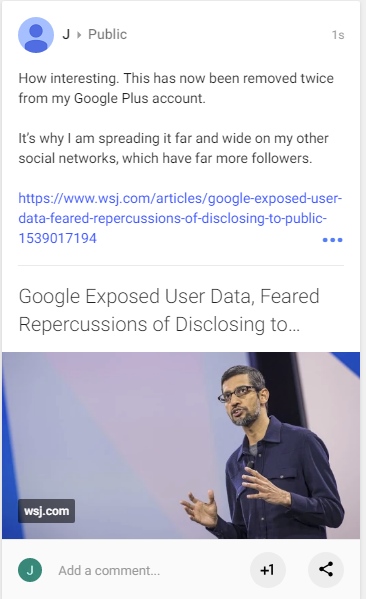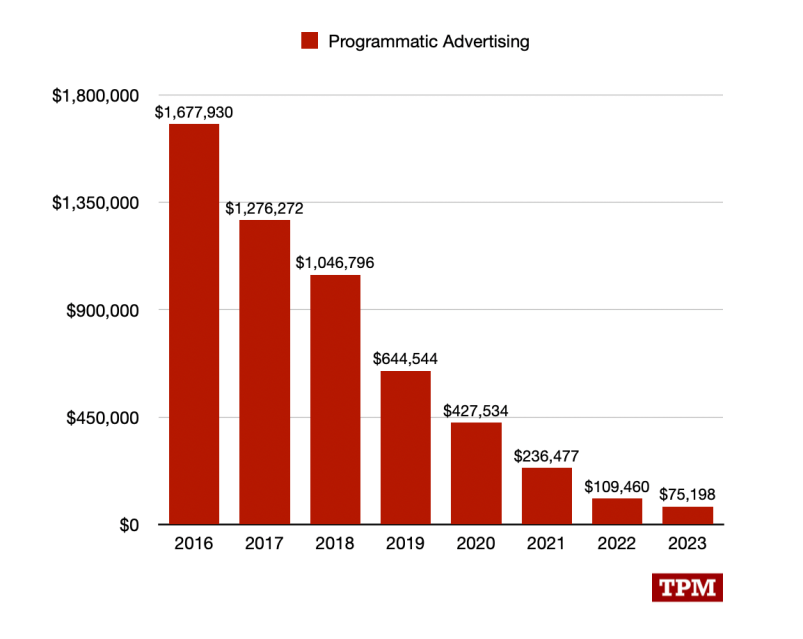Excellent links by way of the fediverse today.
First up, Cory Doctorow about saving the news from Big Tech, with sentiments that aren’t far off my own, many of which have been recorded on this blog. His post is from June 2023.
Highlights include this on contextual advertising:
In studies, these contextual ads perform slightly worse than behavioural ads, but only slightly — about five percent (unsurprisingly, surveillance advertising companies have been wildly overselling their own products’ efficacy). But any losses in the clearing price of a contextual ad that replaces a behavioural one will be more than made up for by changes in who gets paid and how much.
Just look at Dutch public broadcaster NPO, which implemented contextual advertising across its online properties in 2018. A 2020 article in Wired details the transition, and the fact that the broadcaster saw revenue jump with double digit percentages year over year—simply by cutting out the middleman.
I’d love to know if NPO implemented this themselves or if they had an ad network do it for them. Either way, this is how online ads should be, and how it was in the early days (and by that I mean pre-Google, and even a few years after Google came into being).
Cory also discusses why social media are broken, reflecting my recollections about Facebook deliberately breaking organic reach in the early 2010s.
Corbin Davenport, meanwhile, offered his ‘Stop using Brave browser’. There’s a lot on why Brave is a bad idea, and the up shot is he recommends Firefox and Vivaldi.
I will say that as a publisher, it took me years to sign on to Brave’s revenue-sharing programme (the process simply did not work), and after I did sign up, I haven’t heard a peep from them.
‘Brave said originally that it was aiming for at least 55% of the money to go to the publisher, with the eventual goal of giving 70% of the revenue to the publisher,’ writes Corbin. But apparently it never ended up happening.
There’s a lot more. I never made the connection that Brave’s CEO was the old Firefox CEO, the one who had to step down because he donated to support California’s Proposition 8 in 2008. Then he started Brave, with early investment from Peter Thiel’s Founders Fund.
(I’ve had my own journey on understanding the issues around same-sex marriage, which I was far more ignorant about in the 2000s before friends in the rainbow community wrote their kōrero on it and I learned to see things from their point of view. Though I imagine if I were in California while they were debating Prop 8, I would have been far more up to speed.)
But if you feel someone should not be judged by the company they keep, Corbin has more on Brave’s dabbling with crypto, and its other missteps. The list isn’t as long as Facebook’s or OnlyKlans’s, but given the choice of browsers—and even among Chromium-based browsers—Brave does seem like a poor choice.
I was about to delete mine, only to find I already had.






